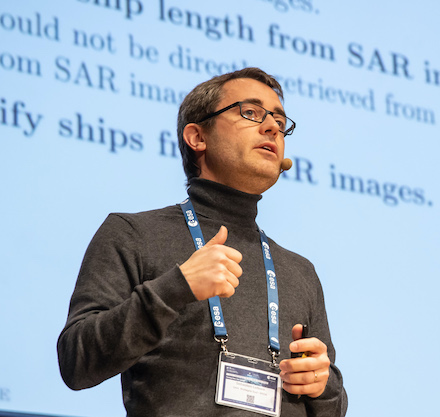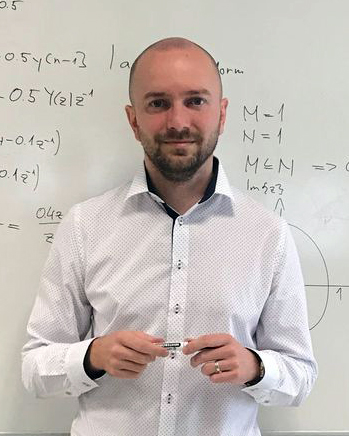 Sébastien Lefèvre is currently a Full Professor in Computer Science at the University of South Brittany (Vannes Institute of Technology) since September 2010. He founded the OBELIX group from IRISA laboratory, and led the group from 2013 to 2021 (Prof. Nicolas Courty is leading the group since March 2021). He is also coordinating the GeoData Science track within the Erasmus Mundus Copernicus Master in Digital Earth. His main research topics are image analysis/processing, pattern recognition and indexing, machine learning, deep learning and data mining with applications in remote sensing for Earth observation.
Sébastien Lefèvre is currently a Full Professor in Computer Science at the University of South Brittany (Vannes Institute of Technology) since September 2010. He founded the OBELIX group from IRISA laboratory, and led the group from 2013 to 2021 (Prof. Nicolas Courty is leading the group since March 2021). He is also coordinating the GeoData Science track within the Erasmus Mundus Copernicus Master in Digital Earth. His main research topics are image analysis/processing, pattern recognition and indexing, machine learning, deep learning and data mining with applications in remote sensing for Earth observation.
Deep Learning in Computer Vision: Are Numerous Labels the Holy Grail?
Deep Learning has been successful in a wide range of computer vision tasks, at the cost of high computational resources and large labeled datasets required to train the models. The latter is a strong bottleneck in numerous applications where collecting annotated data is challenging.
In this talk, I will present some of our works attempting to alleviate our need for large annotated datasets. More precisely, the methods we develop rely on semi-supervised, weakly-supervised, unsupervised settings, domain adaptation, data simulation, active learning, among other frameworks. Various applications in Earth Observation will be provided to illustrate the relevance of these solutions for a wide range of problems such as semantic segmentation, image classification, or object detection.
His talk takes place in Thursday, June 15, 2023 at 14:00 in G108.
